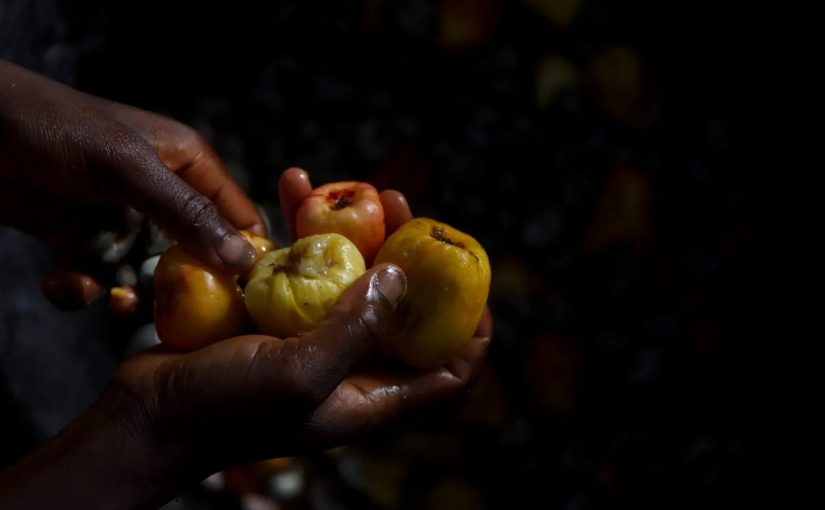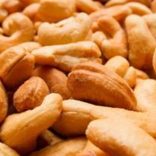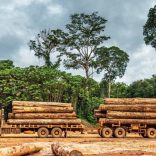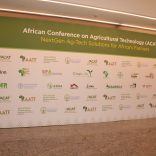Mozambique: US$374 million push targets 689,000-tonne cashew output by 2034
They’re on the rise: Could these be the next shooting stars of Mozambique’s exports?

File photo: Lusa
- Cashew nuts are one of Mozambique’s main cash crops, and the country estimates production will increase by 23% this year, reaching 218,900 tons, with the area under cultivation also expanding.
Mozambique’s cashew nut exports continue to grow, having reached US$38.7 million in the first quarter of 2025, making them the leading foreign sales among so-called “traditional products,” according to official data.
According to a report by the Bank of Mozambique, this performance contrasts with the US$34.3 million in cashew nut exports recorded in the first quarter of 2024. Cashew nuts thus surpassed tobacco, vegetables, bananas, and rubies as the most exported among the country’s “traditional products” in the first quarter of this year.
The Mozambican government estimates that cashew nut production, one of the country’s main cash crops, will increase by 23% this year, to 218,900 tons, with the cultivated area also growing.
According to government data, the area under production is expected to expand by 26% in the current agricultural season, to 64,000 hectares nationwide, compared to 50,600 hectares in the previous season, when 177,650 tons of cashew nuts were produced.
To boost activity, the production, distribution, and planting of 6,674,660 cashew tree seedlings is planned this year, with an investment of 90 million meticais (1.2 million euros), as well as the chemical treatment of 9,270,000 cashew trees against pests and diseases.
Revenue from Mozambican cashew nut exports had already grown by 71% in 2024, reaching a record US$98.2 million, according to a statistical report from the Bank of Mozambique detailing exports.
In 2023, these exports grew to US$57.3 million, and the previous year, they reached US$51.7 million. In 2021, they represented only US$30 million.
Cashew nut sales in Mozambique reached 195,400 tons in the last marketing year, approaching the record set in the 1970s, when the country was one of the world’s largest producers, according to data from the Ministry of Agriculture released in June.
According to information from the Ministry of Agriculture, Environment, and Fisheries, cashew production in Mozambique reached over 200,000 tons annually 50 years ago, during the colonial period, with sales approaching this historic high in the most recent harvest, 2024/2025.
Until the mid-1970s, Mozambique was the world’s second-largest cashew producer (210,000 tons processed in 1973), behind only India, which purchased a large portion of this production at the time, and still does today.
After Mozambique’s independence on June 25, 1975, production fell to less than 10%, to around 15,000 to 20,000 tons annually, but has been steadily increasing in recent years, according to historical official data.
According to the Ministry of Agriculture, the cashew value chain in Mozambique “involves approximately 1,047,000 families, 69 companies, and 7,287 workers throughout the country,” and in Maputo province alone, this activity involves 32,168 families, making it “the main centre of cashew consumption, generating countless business opportunities.”
“In these 50 years of independence, the cashew value chain has been an inexhaustible source of opportunities, guaranteeing job creation. Cashew and macadamia are cash crops that contribute significantly to the socio-economic development of communities, even though they are exposed to various challenges arising from climate change,” the Ministry notes.












Leave a Reply
Be the First to Comment!
You must be logged in to post a comment.
You must be logged in to post a comment.